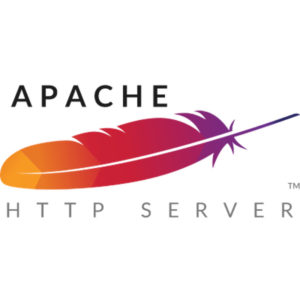Why Open Source?
 There are variety of good reasons to use open source technology when creating solutions for your business.
There are variety of good reasons to use open source technology when creating solutions for your business.
Lower total cost of ownership (TCO): Using open source software yields a lower total cost of ownership when compared to closed source and proprietary alternatives.
Shift developers from low-value work to high-value work: The easy problems have already been solved by open source solutions. Operating systems, web servers, content management systems, and databases are all problems with established market leading open source solutions.
Modularity & Flexibility of key components: Proprietary software solutions tend to be monolithic, and you are not allowed to change how they function, or to add features that you need. Proprietary software locks users to a particular vendor, or “platform”. Open source projects tend to be more modularly architected, improving both the flexibility, and the robustness of the code. Open source solutions are typically leaner and more agile. Since you have access to the source code, you can often apply fixes or add features, both large and small, at your own convenience, not at the convenience of the publishing organization’s release cycle.
Secure & Transparent: Empirically, open source tends to produce better quality software than its proprietary or alternative counterparts. With closed source software, the only developers that can potentially detect, diagnose, triage, and resolve software bugs are those that happen to be employed by the company that publishes the software. Open source provides three advantages: first, you have the opportunity to tap the knowledge of the world’s best developers, not just those on one organization’s payroll. Second, the number of potentially contributing developers and thus the potential knowledge pool is orders of magnitude larger. Finally, open source software gets adapted to a variety of use cases, not just the one the publisher originally intended, surfacing bugs and edge cases much more rapidly than traditional, predictive QA processes.














Recent Comments